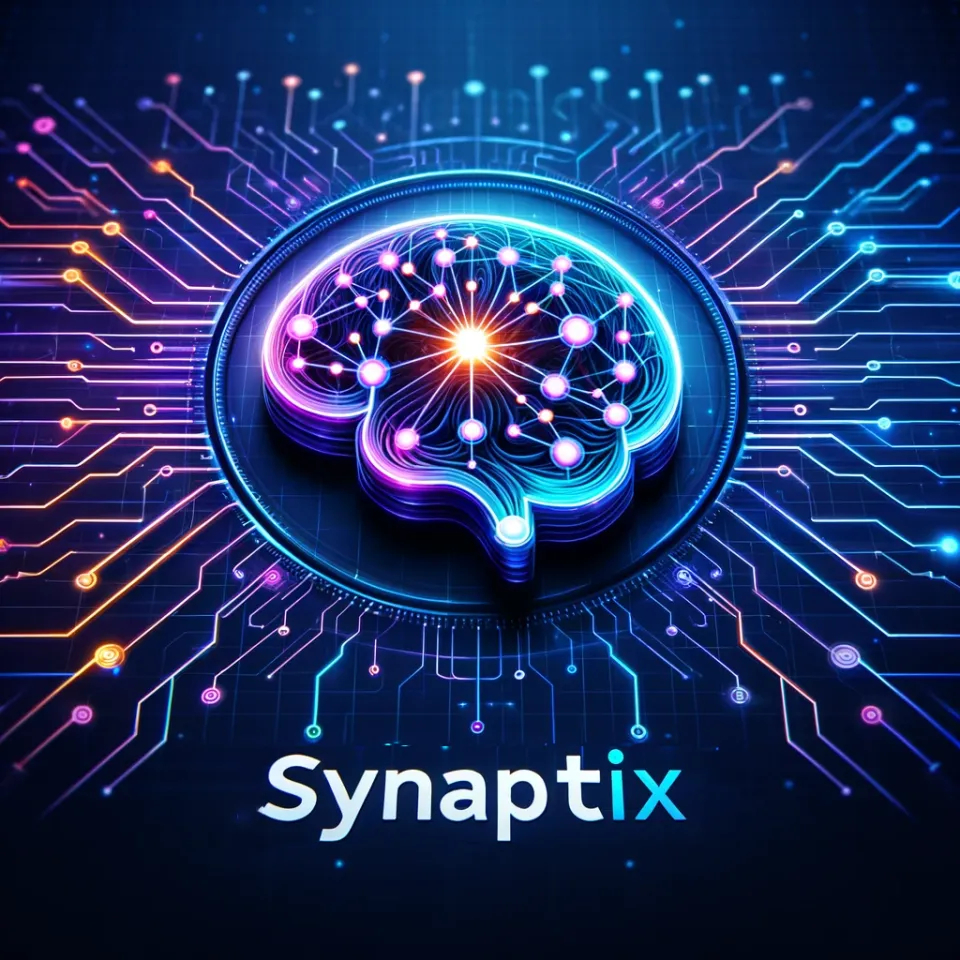Ukrainian Hacktivist Groups Claim Breakthrough in Russian Bank: Alfa-Bank

Introduction:
In a startling development, two Ukrainian hacktivist groups, KibOrg and NLB, have announced their successful intrusion into Alfa-Bank, Russia’s largest private bank. Supported by evidence in the form of screenshots and personal information of Russian individuals found in the bank’s internal database, these claims have garnered attention. Furthermore, an anonymous Ukrainian intelligence official confirms that Ukraine’s top counterintelligence agency, the SBU, assisted the hacktivists in carrying out the breach. With no response from Alfa-Bank thus far, questions arise about the repercussions and potential release of stolen data. In this article, we delve into the details surrounding this breach and analyze its consequences.
1. Ukrainian Hackers Gain Access: Confirming the Breach:
1.1. KibOrg and NLB hacktivist groups present evidence of intrusion
1.2. Screenshots and personal information from Alfa-Bank’s internal database shared as proof of the breach.
1.3. Confirmation by an anonymous Ukrainian intelligence official validating SBU’s involvement.
1.4. Lack of response from Alfa-Bank, leaving questions unanswered.
2. The Scale of the Breach: Millions of Customers Impacted:
2.1. Database accessed by hackers contains over 30 million records.
2.2. Personal information compromised includes names, birthdates, account numbers, and phone numbers of Russian customers.
2.3. Potential implications of this massive data breach in terms of identity theft and cybercrimes.
3. SBU’s Role in Coordinated Hacking:
3.1. The undisclosed assistance provided by the SBU in carrying out the breach.
3.2. Speculation on possible motives behind Ukraine’s support for the hacktivist groups.
3.3. The ethical and legal dimensions of state-sponsored hacking to expose corruption and illicit activities.
4. Repercussions and Fallout:
4.1. Alfa-Bank’s silence – implications for both the bank and its customers.
4.2. Potential legal consequences for the hacktivists and their supporters.
4.3. The geopolitical tensions between Ukraine and Russia, and the hack’s impact on relations.
5. The Promise of Exposing Corruption:
5.1. Hacktivists’ intentions to cooperate with investigative journalists to reveal corrupt practices.
5.2. The implications for the Russian banking system and overall financial stability in the region.
5.3. Ethical considerations surrounding the use of stolen data for exposing corruption.
Conclusion:
The infiltration of Alfa-Bank by Ukrainian hacktivist groups, along with SBU’s backing, offers a significant development in the realm of cyber warfare. With millions of Russian customers’ personal information at stake, the implications are far-reaching. As the breach goes public, the potential release of stolen data poses ethical, legal, and geopolitical questions. While waiting for Alfa-Bank to respond, it remains essential to evaluate the consequences this breach might have on exposing corruption and ensuring digital security within the global banking industry.




